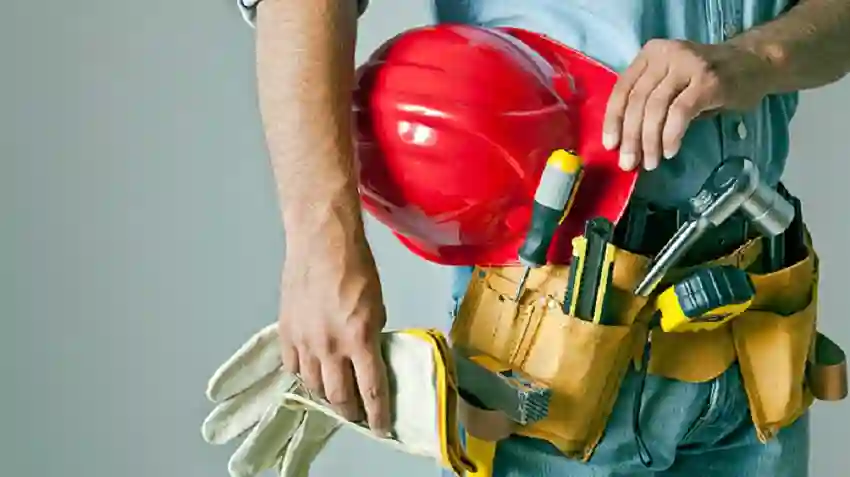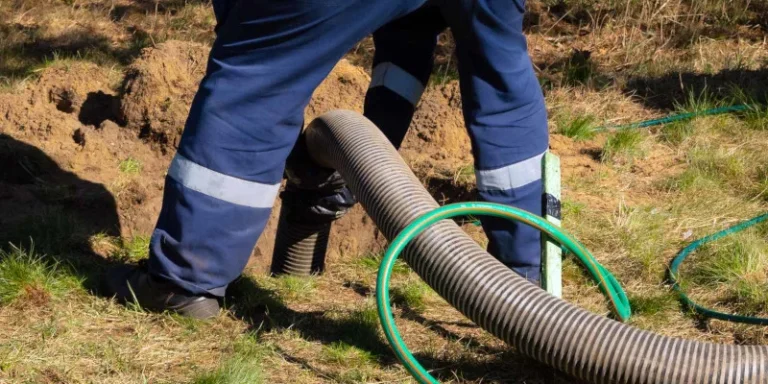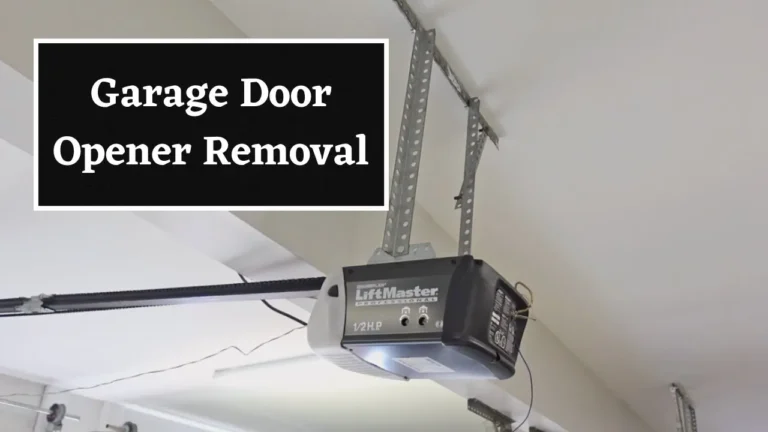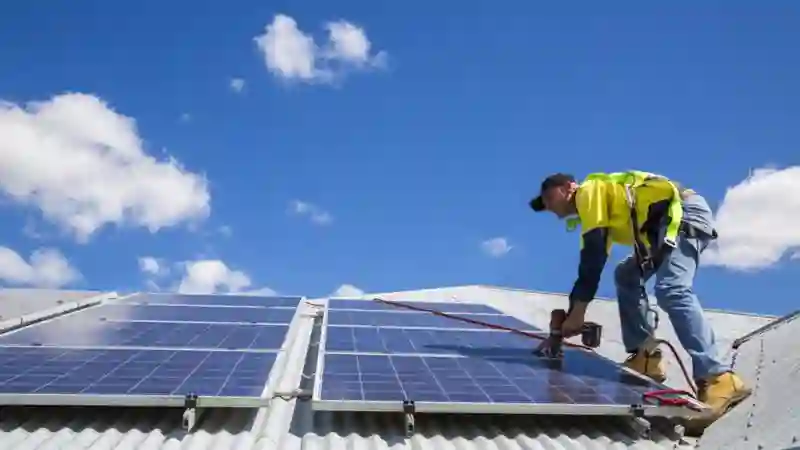Your home is not just a place to rest your head; it’s also a sanctuary for you and your family. Ensuring its safety is paramount to providing peace of mind and a comfortable living environment. Regular maintenance by a handyman is a crucial aspect of keeping your home secure and hazard-free. In this article, we will emphasize the importance of regular handyman maintenance and how it contributes to the safety of your home and your loved ones.
The Hidden Dangers of Home Neglect
It’s easy to overlook small issues or postpone home maintenance tasks, especially when life gets busy. However, neglecting these tasks can lead to significant safety hazards over time. Here are some common dangers that can emerge from home neglect:
- Electrical Hazards: Outdated wiring, malfunctioning outlets, and electrical faults can cause fires or electrical shocks. Ignoring these issues can have severe consequences.
- Plumbing Problems: Leaking pipes or clogged drains can result in water damage, mold growth, and structural weakening of your home’s foundation.
- Structural Issues: Over time, a lack of maintenance can lead to structural problems, such as weakened supports, foundation cracks, or roofing issues, posing risks to your home’s stability.
- Slip and Fall Hazards: Loose handrails, uneven flooring, or poorly maintained stairs and walkways can lead to accidents and injuries, especially among the elderly or young children.
- Fire Hazards: Dirty chimneys, malfunctioning heating systems, or neglected gas appliances can increase the risk of fires in your home.
- Security Risks: Broken locks, damaged doors or windows, and inadequate security measures can leave your home vulnerable to break-ins and intruders.
The Role of Regular Handyman Maintenance
Regular handyman maintenance is a proactive approach to addressing these potential dangers and maintaining the safety and integrity of your home. Here are the key reasons why it should be a priority:
- Early Detection of Issues: Handymen are trained to identify and address minor issues before they escalate into major problems. Early detection can prevent costly repairs and mitigate safety risks.
- Electrical Safety: Handymen can inspect your electrical system, ensuring that wiring and outlets are in good condition. They can also replace outdated components and troubleshoot issues to prevent electrical hazards.
- Plumbing Maintenance: Regular plumbing maintenance can prevent leaks, clogs, and water damage. Handymen can repair or replace pipes, fix faucets, and unclog drains to maintain a safe and functional plumbing system.
- Structural Integrity: Ensuring the structural integrity of your home is vital for safety. Handymen can assess and repair issues related to the foundation, walls, roof, and other structural components.
- Safety Installations: Handymen can install safety features such as smoke detectors, carbon monoxide detectors, fire extinguishers, and security systems to protect your home from potential hazards.
- Accessibility Modifications: If you have family members with specific mobility needs, handymen can make necessary modifications, such as installing grab bars, ramps, or non-slip flooring, to ensure their safety and convenience.
- Preventive Maintenance: Scheduled maintenance visits from a handyman can address potential issues before they become significant safety concerns, providing peace of mind and reducing the risk of accidents or emergencies.
The Benefits of Regular Handyman Maintenance
Investing in regular handyman maintenance offers several advantages that extend beyond safety:
- Cost Savings: Addressing issues early can prevent them from escalating into more expensive repairs or replacements. Regular maintenance is often more cost-effective in the long run.
- Increased Home Value: A well-maintained home not only ensures safety but also boosts its resale value. Potential buyers are more likely to be interested in a home that has been properly cared for.
- Peace of Mind: Knowing that your home is regularly inspected and maintained can alleviate anxiety and allow you to enjoy your living space without worry.
- Extended Lifespan: Maintenance prolongs the lifespan of various components and systems in your home, saving you money on premature replacements.
- Energy Efficiency: Properly maintained systems, such as heating and cooling, electrical, and plumbing, operate more efficiently, reducing energy consumption and utility costs.
- Home Comfort: A well-maintained home provides a more comfortable and enjoyable living environment for you and your family.
- Legal Compliance: Regular maintenance can help ensure that your home meets local building codes and safety regulations.
What to Expect During Regular Handyman Maintenance
During a typical handyman maintenance visit, you can expect the following:
- Inspection: The handyman will conduct a thorough inspection of your home, checking for any issues or potential hazards.
- Repairs: Minor repairs and maintenance tasks will be addressed promptly to prevent further damage or safety risks.
- Recommendations: The handyman may provide recommendations for future maintenance or repairs that may be needed to maintain safety and functionality.
- Safety Upgrades: If necessary, safety features and installations may be discussed and scheduled for installation.
- Detailed Report: You will receive a detailed report of the maintenance performed, any issues found, and recommendations for further action.
Establishing a Maintenance Schedule
To make the most of regular handyman maintenance, it’s essential to establish a maintenance schedule that suits your home’s needs. Consider the following tips:
- Frequency: Depending on your home’s age and condition, you may schedule maintenance visits annually, semi-annually, or quarterly. Older homes or properties in extreme weather conditions may require more frequent inspections.
- Prioritization: Identify critical areas that require regular attention, such as electrical systems, plumbing, and safety features. Prioritize these during maintenance visits.
- Record Keeping: Maintain a record of maintenance visits, repairs, and recommendations to track the overall health of your home and plan for future maintenance needs.
- Seasonal Focus: Some maintenance tasks are best suited for specific seasons. For example, inspecting your heating system in the fall ensures it’s ready for the winter months.
- Professional Help: Consider consulting with a professional handyman or home inspector to help establish a customized maintenance schedule tailored to your home’s unique requirements.
In Conclusion
The safety of your home and your family should always be a top priority. Regular handyman maintenance is a proactive and effective way to ensure that your home remains a secure and comfortable living space. By addressing potential hazards, identifying minor issues, and maintaining critical systems, you can enjoy peace of mind and protect your investment. Safety first is not just a saying; it’s a commitment to safeguarding what matters most – your home and your loved ones. So, don’t wait for problems to escalate; invest in regular handyman maintenance and enjoy the benefits of a safe and well-maintained home.












